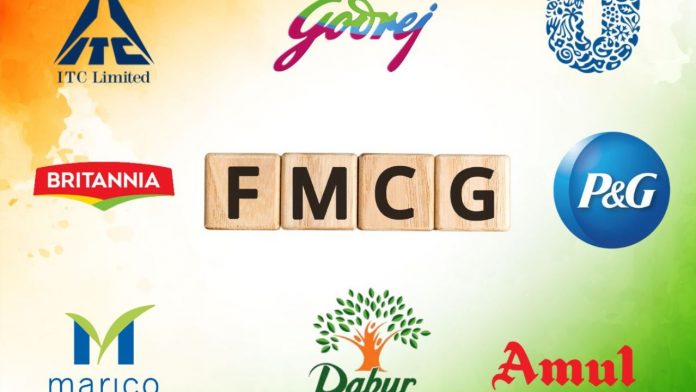Major FMCG companies predict that rising palm oil prices, higher input costs, and increased advertising and promotion expenses will affect their margins and profits for the September quarter.
In recent updates, companies like Godrej Consumer Products Ltd (GCPL), Dabur, and Marico mentioned that their margins might remain flat year-on-year due to higher prices of copra and vegetable oil in July-September.
FMCG giants foresee flatter profit margins for September quarter
According to ET Retail, Godrej Industries’ FMCG division, GCPL, expects flat earnings growth in the domestic market for the September quarter due to higher palm oil costs. “Palm input costs have been rising since March and have risen in the high teens as of date. Management has decided not to pass on the entire cost hike to consumers in one step and decided to continue investments on the long-term growth initiatives like rural van programme, new category development etc,” the company said.
Continue Exploring: Indian retail sector to see mixed fortunes in Q2 FY25, with value retail and jewellery outperforming QSR
Furthermore, GCPL, owner of brands like Good Knight, Cinthol, and HIT, forecasts minimal profit growth and said, “As a result, the standalone EBITDA (earnings before interest, taxes, depreciation, and amortisation) growth will be flattish.” The company also expects its domestic business to grow strongly. “to perform well with high single-digit underlying volume and value growth” GCPL added.
Moreover, Marico noted that copra prices rose more than expected, and a recent import duty hike increased vegetable oil prices at the end of the quarter. “Crude oil derivatives, however, remained range-bound. We expect gross margin to moderate on a year-on-year basis owing to partial absorption of higher input costs, as the company prioritised expanding its consumer franchise in the current demand environment,” said Marico, which owns brands like Saffola, Parachute, and Livon. They also said, “Consequently, we expect a moderate lag in operating profit growth vis-a-vis revenue growth on a year-on-year basis.”
Another FMCG giant, Dabur is adjusting its distributor inventory, which is expected to cause a small decline in quarterly revenue. The company, which owns Dabur Amla, Dabur Vatika, and Real juice, has increased advertising spending. “In line with our commitment to continue to invest behind our brands, the A&P investments continued during the quarter. However, as a result of lower primary sales, our profitability will be impacted during the quarter and the operating margin for the quarter is expected to decline in the range of mid to high teens due to deleveraging and continued investment behind brands,” they said. This temporary action is necessary to strengthen the GT channel and improve efficiency and growth in the future.
Continue Exploring: Evenflow strengthens Quick Commerce, D2C and supply chain verticals with new heads
Adani’s revenue increases 4X due to organised channels, Dabur notices
Meanwhile, FMCG companies have seen a rise in sales from alternate channels. In the second quarter, Adani Wilmar‘s revenue from these channels grew significantly year-on-year, exceeding Rs 3,000 crore over the past year. “The e-commerce channel has seen even more rapid growth, with its revenue increasing by around four times in the last four years,” it said. Dabur noticed “disproportionately higher growth” in organised channels like MT, e-commerce, and quick commerce in recent quarters, causing increased inventory in the General Trade (GT) channel and affecting distributor ROI. “The company has taken an important strategic decision to correct distributor inventory in the GT channel and improve their ROI,” it said.



